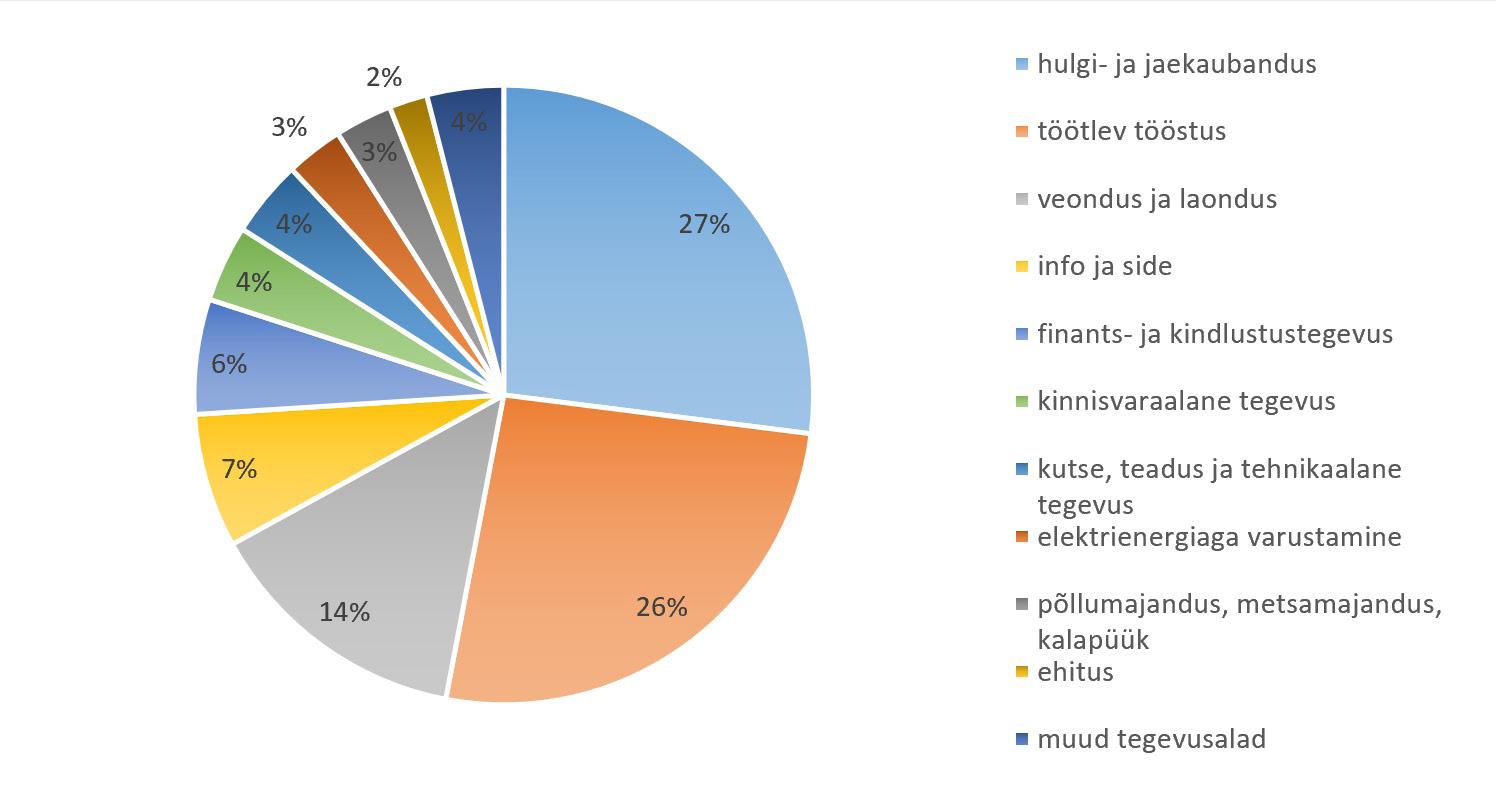Anne Uukkivi, Vitali Retšnoi - Distantsõppes reaalainete õppimist mõjutanud tegurid
Kokkuvõte Küsitluse vastuste analüüsimine näitas, et õppetöö korralduse olulisus distantsõppes võimendub. Üliõpilased on rahul õppetöö korraldusega juhul, kui:
• õppejõud korraldab regulaarselt kontaktõpet veebis; • kontaktõpe veebis toimub kindla tunniplaani järgi; • on võimaldatud online-loengute järelvaatamine; • õppejõud informeerib õigeaegselt ja annab tagasisidet; • õppejõul on piisaval tasemel arvutikasutusoskus ja toetavad isiksuseomadused; • kasutusel on võimalikult vähe keskkondi, mille link on ühest kohast leitav; • õppematerjalid on mitmekülgsed ja kvaliteetsed; • hindamisel on paindlikud kriteeriumid ja tähtajad; • õppijal ja õppejõul on olemas vajalikud tehnilised vahendid. Vastuste korrelatsioonanalüüs näitas, et mida kõrgem oli üliõpilaste rahulolu õppetöö korraldusega distantsõppe perioodil, seda efektiivsemaks pidasid nad reaalainete õppimist distantsõppes võrreldes auditooriumis õppimisega ja seda positiivsemalt olid nad meelestatud ka edaspidi reaalaineid distantsõppe vormis õppima. Samuti selgus, et mida rohkem üliõpilased võrreldes auditooriumis õppimisega reaalaineid distantsõppes õppides pingutama pidid, seda enam kasutasid nad teiste abi hindeliste tööde sooritamisel, seda madalamalt hindasid nad õppimise efektiivsust ja olid seda vähem rahul õppetöö korraldusega. Statistiliselt olulised on ka vastupidised seosed. Uuringu tulemused aitavad mõista õppijate vaadet distantsõppele ning kavandada ja läbi viia tulevast õppetööd õppijat toetaval viisil. Tulemused näitavad, et vaja on kokkuleppeid keskuse või koguni õppeasutuse piires, et piiritleda kasutatavate keskkondade arvu. Samuti on vaja pakkuda õppejõududele võimalust digipädevuste arendamiseks ja vahendeid distantsõppe läbiviimiseks.
Summary Factors Influencing Distance Learning of Sciences The aim of this paper is to analyse university students’ view on the remote teaching process in the field of science and to find out the factors that influenced learning the most. The survey was conducted at the end of the spring semester of 2020. The target group of the survey were the students of the Centre for Sciences of TTK UAS. The analysis of the answers showed that the organization of studies plays a very important role in distance learning. It turns out that students are satisfied with the organization of studies if: • real-time online lessons are conducted regularly, • online lessons take place according to a fixed schedule, • there is access to recorded online lectures, • the lecturer shares information and gives feedback in a short time, • the lecturer has a sufficient level of computer skills and good personality traits, • as few as possible different e-learning environments are used and all are available in one place, • the study materials are versatile and of high quality, • there are flexible criteria and deadlines for evaluation, • the learner and the lecturer have necessary technical support. The correlation analysis showed that the higher student satisfaction with the organization of studies was, the more effective was the learning of sciences in distance learning compared to classroom studies, leading to a more positive attitude towards learning of sciences in the form of distance learning in the future. It was also found that if the students had to study harder in distance learning compared to classroom studies, the more they relied on other’s help in assessment tests, the lower they valued the effectiveness of distance learning, and the less they were satisfied with the organization of studies. The opposite statements are also statistically significant. The results of the study help to understand the learners’ view on distance learning and to plan and conduct future teaching in a student supportive way.
54





